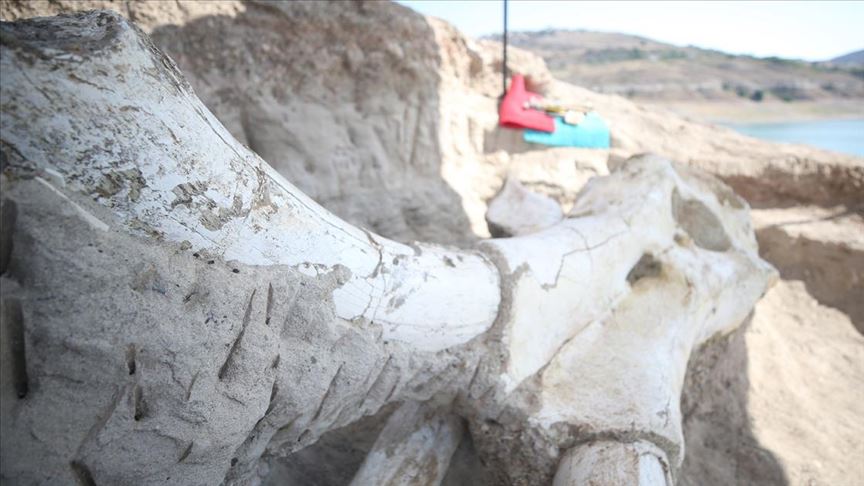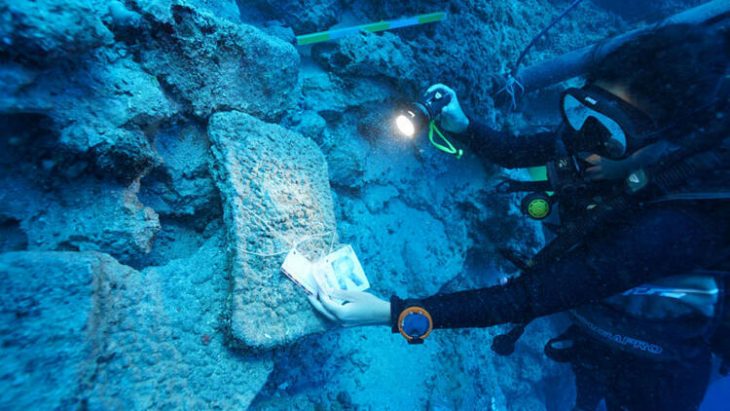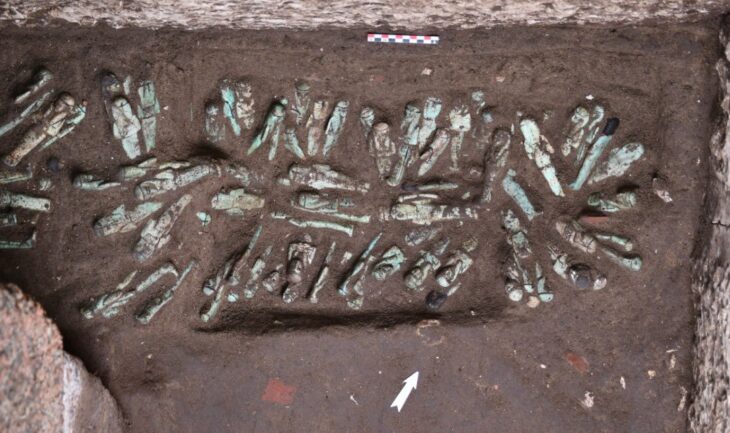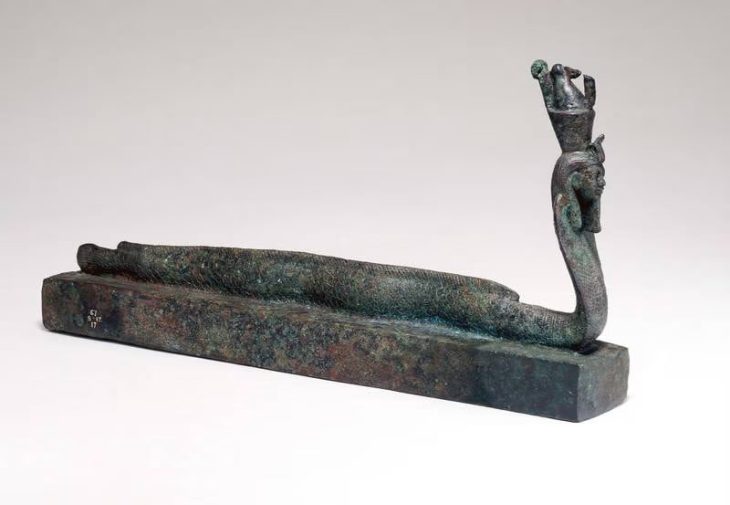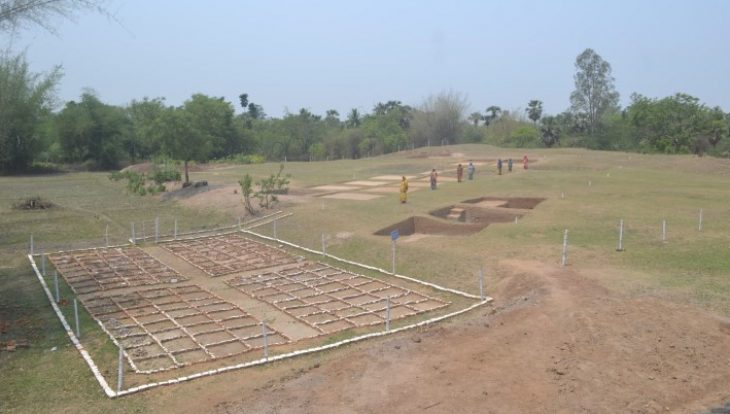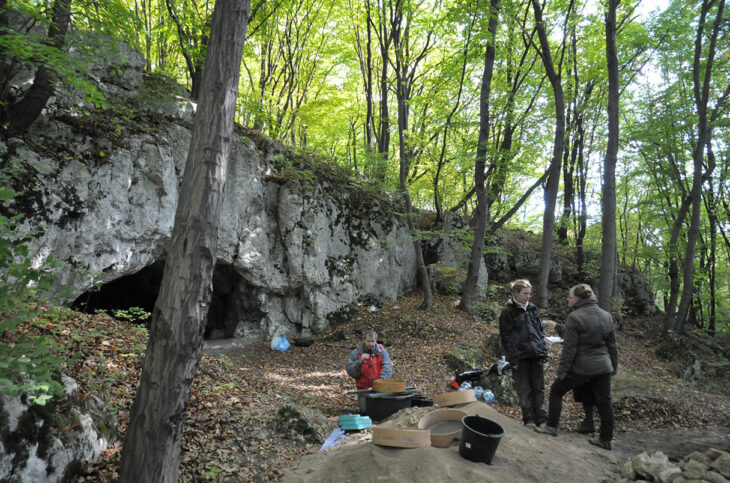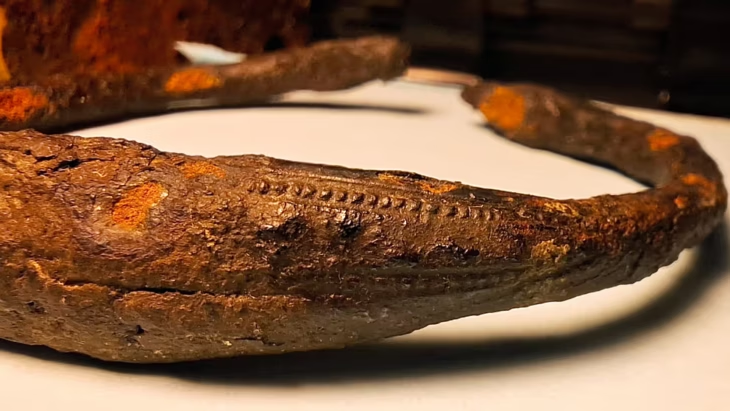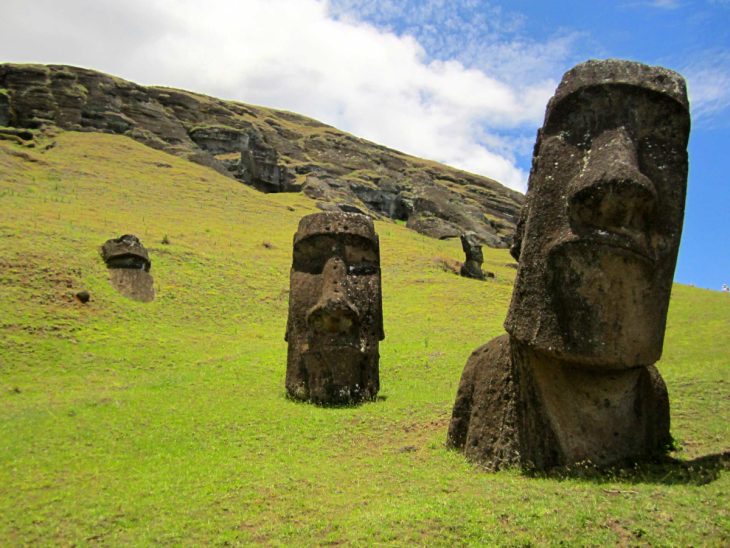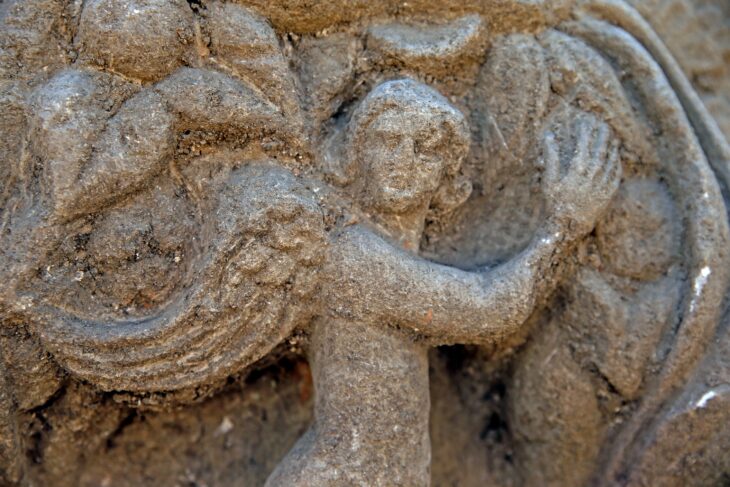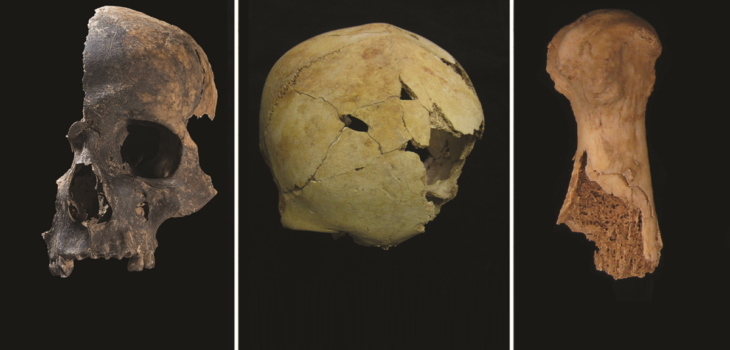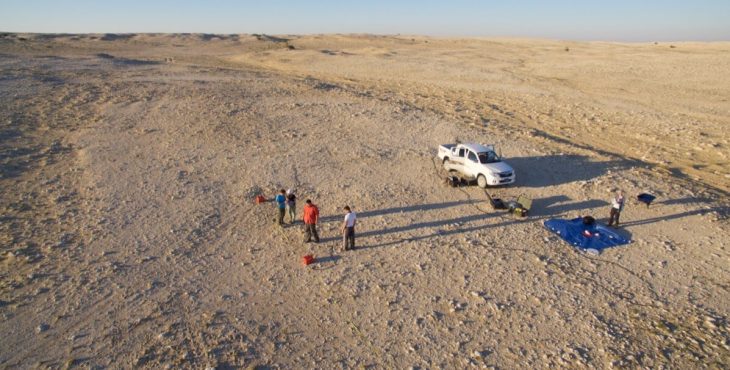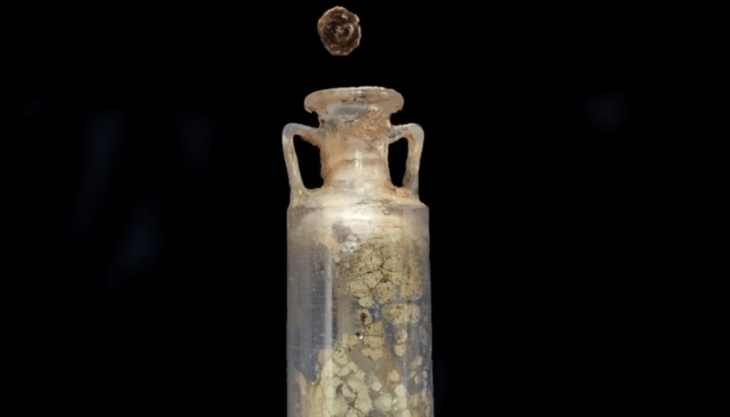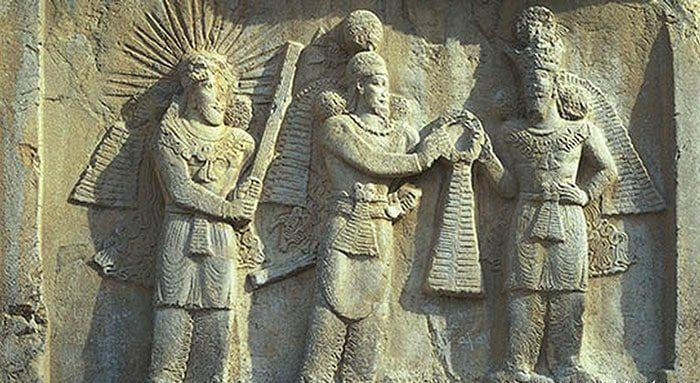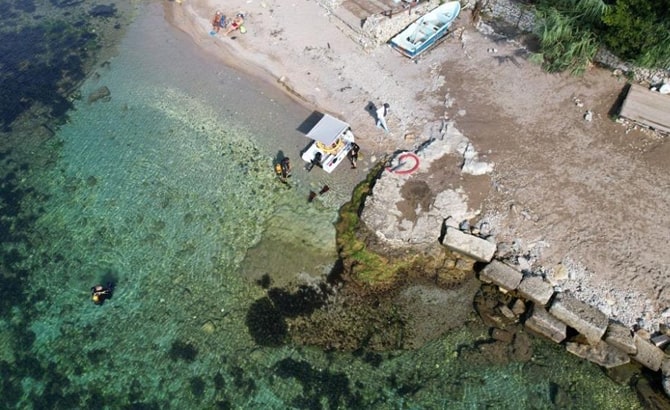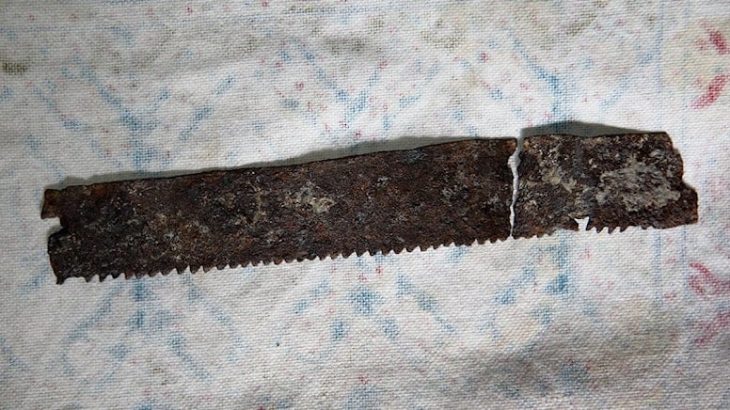A complete skull fossil from 7.5 million years ago was discovered on the bank of the Yamula Dam in the central Kayseri Province of Turkey. This is a major discovery. The skull belongs to Choerolophodon Pentelic, known as the ancestor of elephants.
The study of the fossils found last year was carried out by one of the few experts on Proboscidea – the taxonomic order of African mammals – in the world, Kayseri Metropolitan Municipality said in a statement.
The statement stated that Juha Saarinen, a professor in the Department of Earth Sciences and Geography at the University of Helsinki, came to Kayseri and completed the final examination of the skull.
Okşan Başoğlu, head of the excavation team which continues working at the discovery site, said the Finnish scientist Saarinen “worked on the big and complete skull for two full days.”
“This will be published in a very respected journal abroad because it is a very significant fossil,” she quoted Saarinen as saying.
📣 Our WhatsApp channel is now LIVE! Stay up-to-date with the latest news and updates, just click here to follow us on WhatsApp and never miss a thing!!
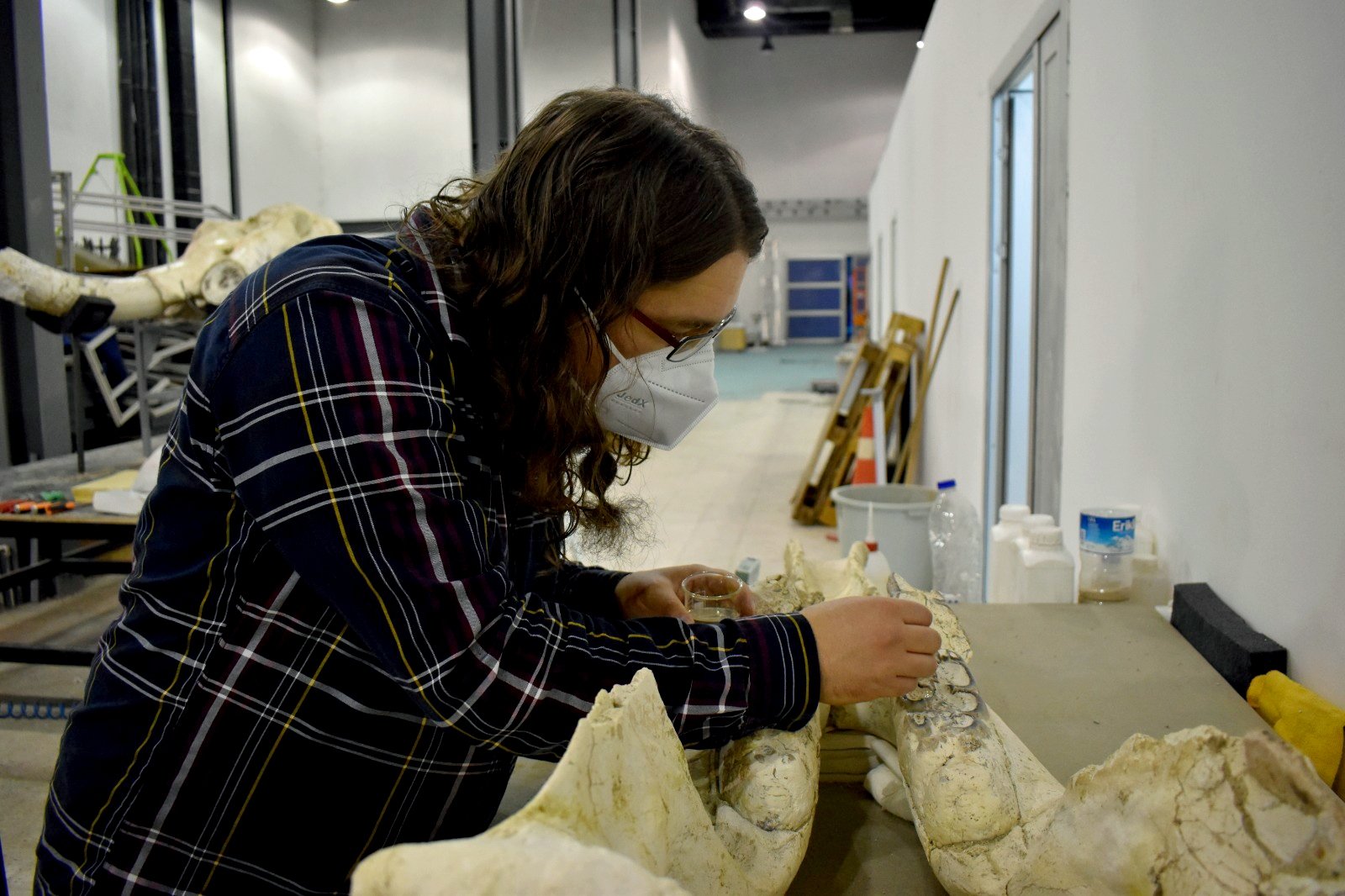
Başoğlu said it would be a benchmark for them and soon the names of Kayseri and Yamula would take their place in the world’s literature on the subject.
“For this reason, it is a very essential development for us. Kayseri, in one sense, will be a center of paleontology,” she said, referring to the study of the history of life on Earth based on fossils.
She said studies in the laboratory are continuously ongoing.
Saarinen, who has worked in many areas from Europe to the Middle East and China to the US, stated that the complete skull fossil belonging to Choerolophodon Pentelic is the only specimen in the world and it is larger in mass than any fossil elephant found in other contemporary fossils. localities of the world.
When it comes to the fully preserved and unique skull specimens and other fossils found in the province, he said that Kayseri will become a reference point for international paleontology.
In previous studies in the region, samples of giraffes, 4-5 species known as the ancestors of elephants, rhinoceros, triple hoofed horses, and wasp were found.

